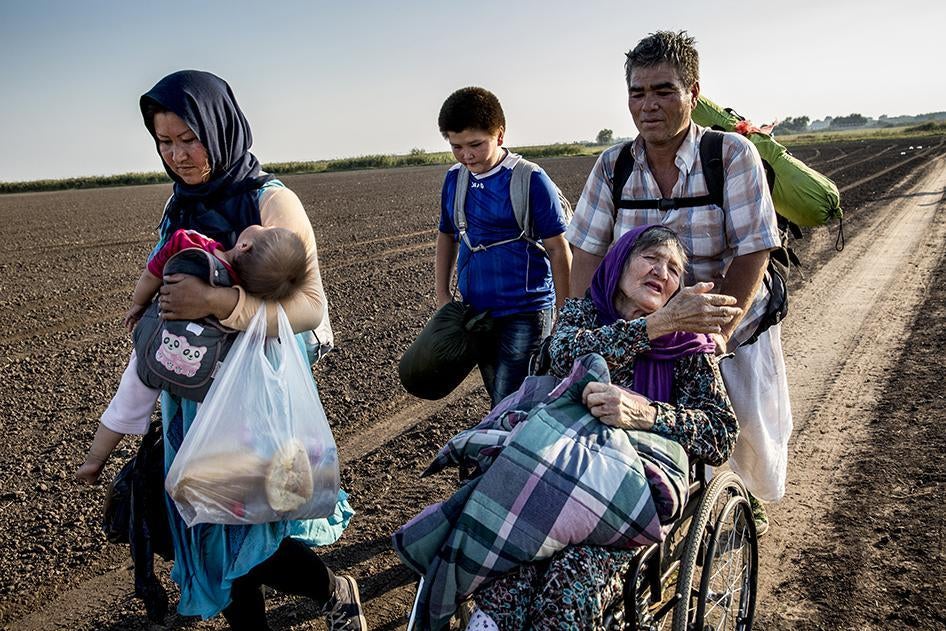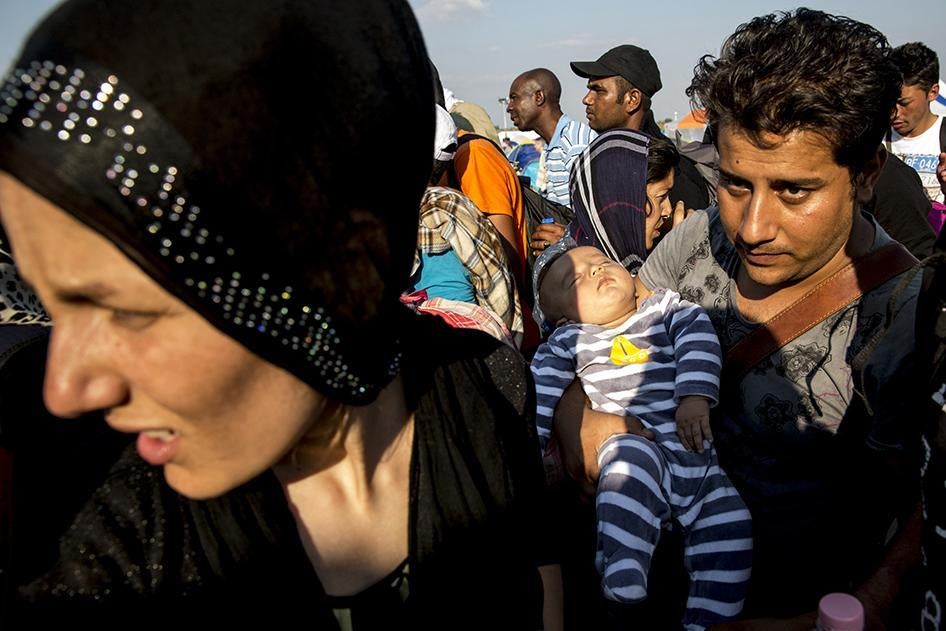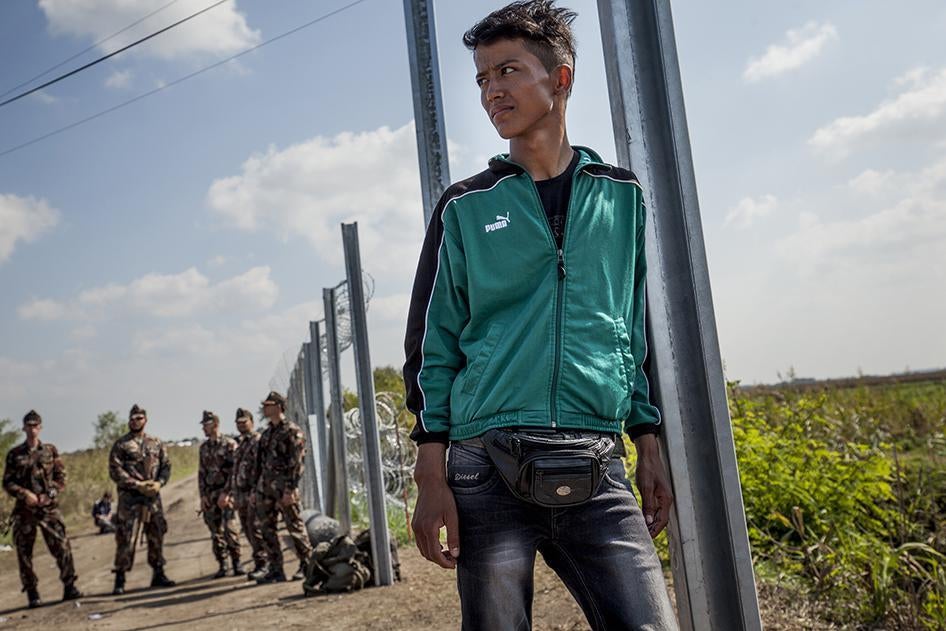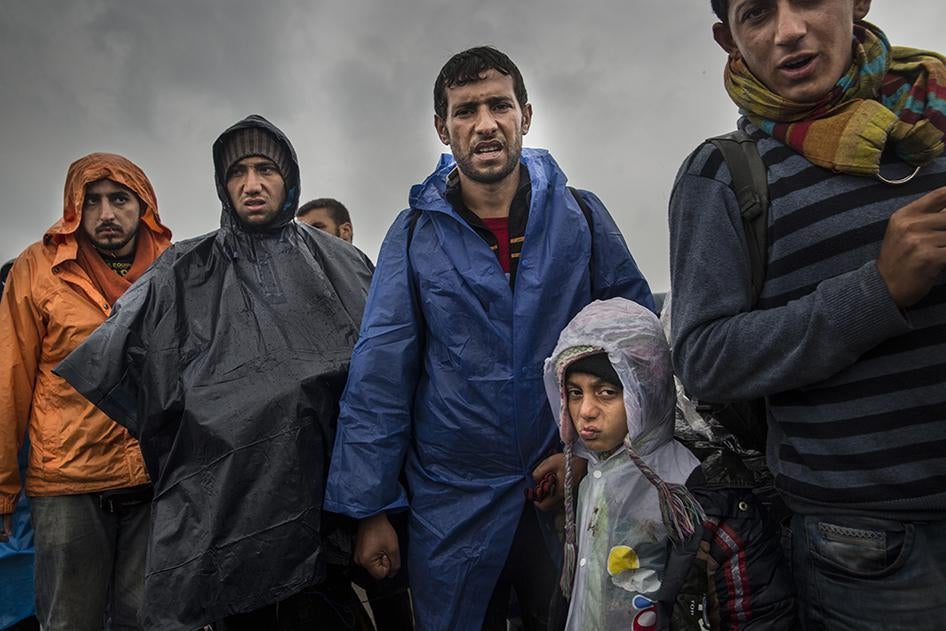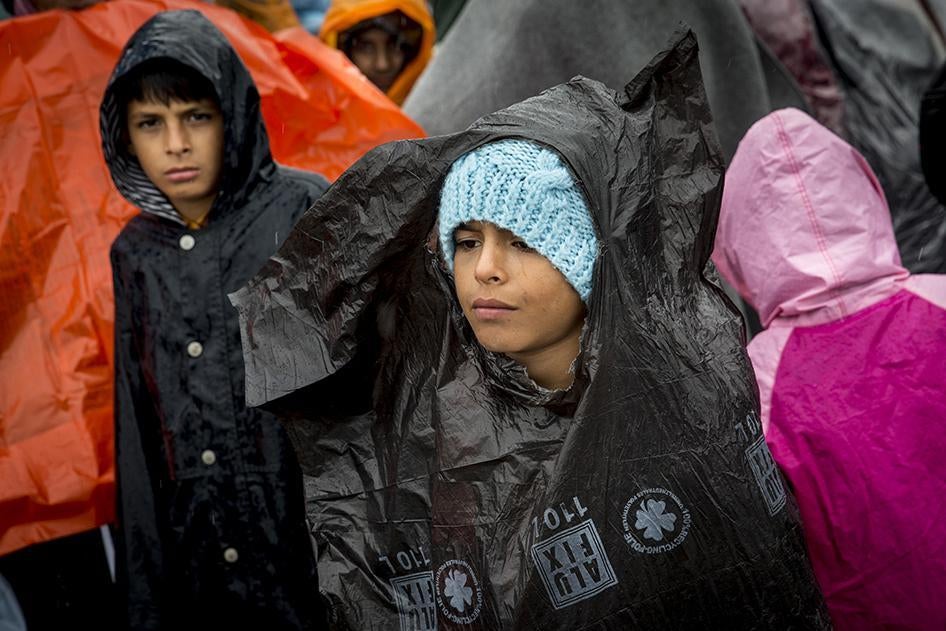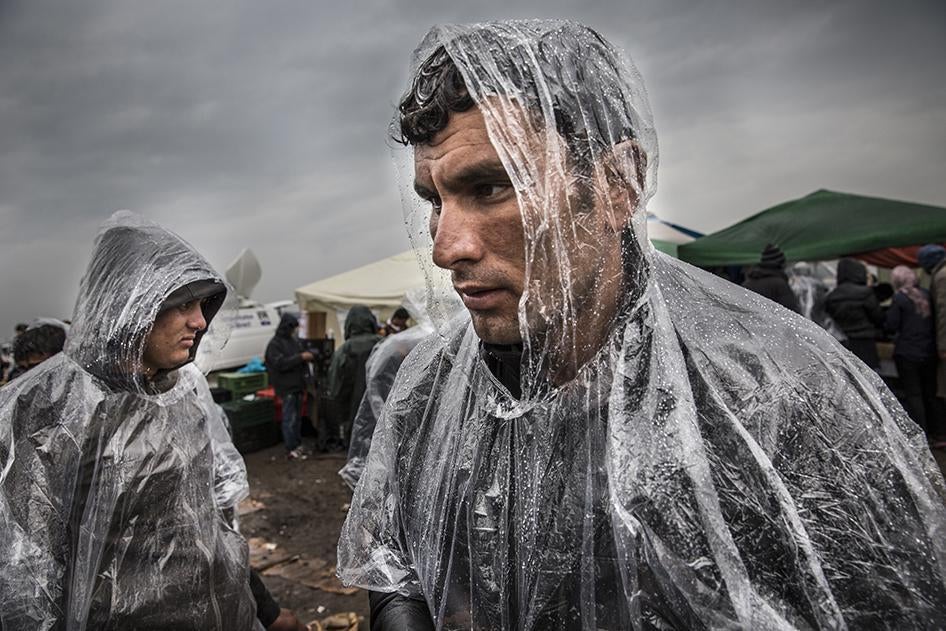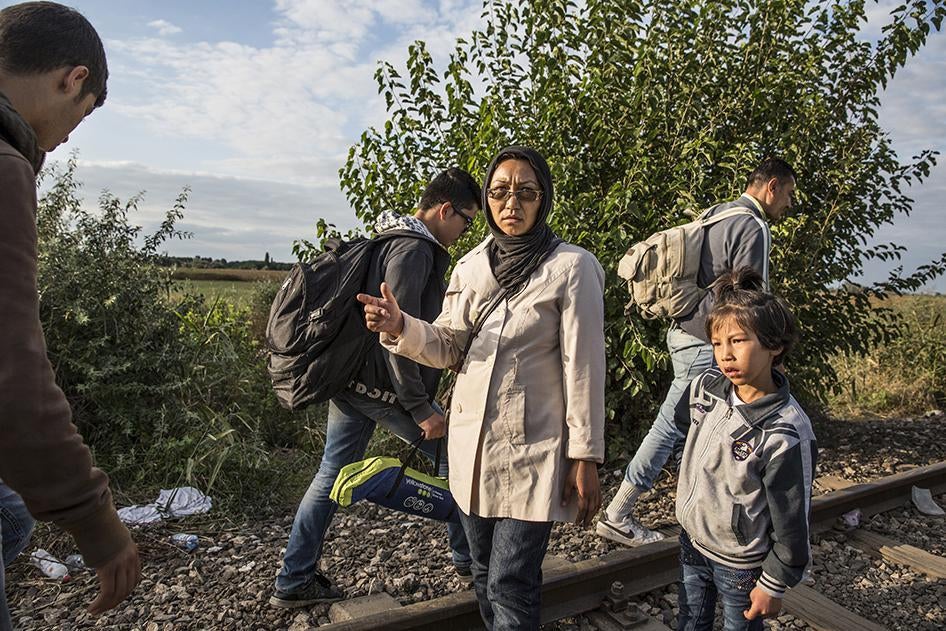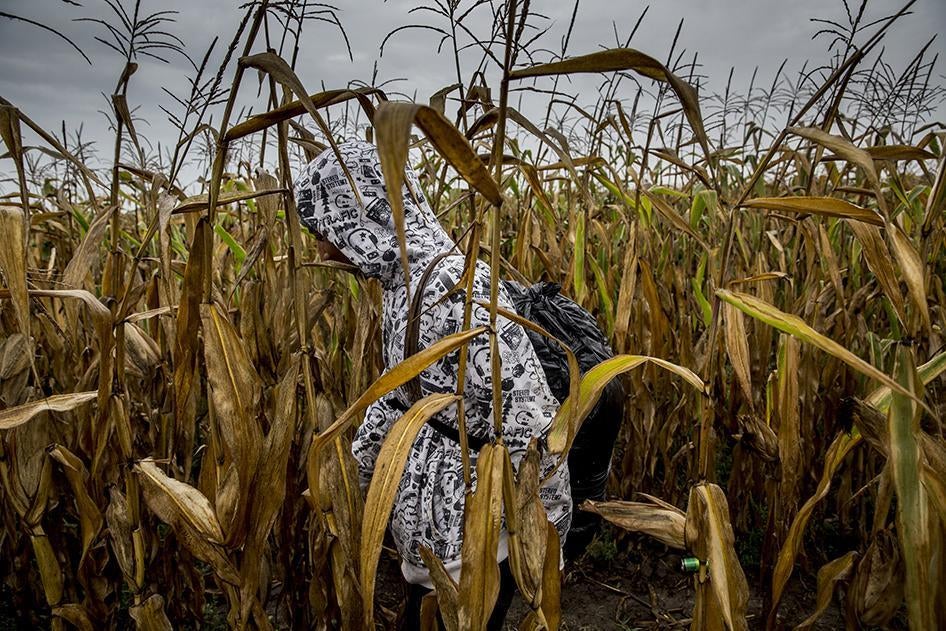Six hours before, Rajab had been separated from his parents and siblings as Serbian authorities pushed the family onto buses and sent them toward the Hungarian border. For hours, he waited by the border as thousands of Syrians, Iraqis, and Afghans walked along the railway tracks, desperately looking for any sign of his family. He was penniless, didn’t know the phone number of any of his relatives. Finally, he saw someone he knew and went with them to seek his family.
The desperate attempts by so many Syrian families fleeing the Assad regime’s barrel bombs and the Islamic State’s terror by walking to security in Europe has, however briefly, caught the world’s attention. But the Syrians are not alone in deserving compassion.
Although international interest in Afghanistan has waned and most foreign troops are long gone, the war there is only getting worse. The first six months of 2015 saw the highest number of casualties among women and children since the U.N. started keeping track in 2009. Many Afghans leaving now are fleeing violence, insecurity, or threats from the Taliban or government militia forces. They are just as entitled to refugee status or other protection.
“The Syrians have gone through four years of brutal war, but for the Afghans it has been nearly 40 now,” an Afghan military officer who fled Kabul after receiving death threats from the Taliban complained to me. “Why are we hearing ‘Syrians only, Syrians only,’ as people board the buses here at the border, while we are kept waiting in the hot sun?”
The long journeys of the Afghan asylum seekers often involve deadly dangers, particularly trying to cross Iran into Turkey. They risk Iranian border guards firing on them, with the resulting deaths virtually unnoticed by the international community.
Amir Faim, a 23-year-old farmer from Afghanistan’s Parwan province, and his wife, Navida, 18 — their three-month-old baby son, Parwan, in his father’s arms — stood in the long line at the Röszke collection point on the Hungarian side of its border with Serbia, hoping to board a bus to take them to the dismal detention camps. Like most I spoke to, they hoped to go on to Austria and Germany.
Faim’s family had already waited all morning, then tried to walk to Budapest, 110 miles away, after watching in frustration while Syrian asylum seekers were allowed to board buses. They were told to wait in the hot sun. After they walked 6 miles, the Hungarian border police and Dutch officers assigned to Frontex, the EU’s border agency, stopped the group and ordered them to return to the collection point and wait again for the buses.
Faim told me that his family had sold everything they owned — their land, car, home, and jewelry — to collect the $16,000 smugglers demanded to take them out of Afghanistan. They had lived with instability for years, but the approaching threat of Afghan insurgents who have declared allegiance to the Islamic State finally made them decide to seek safety and security abroad.
Iranian border guards fired on them as they attempted to cross, forcing everyone to run away in panic. In the chaos, they lost their son, just two-months-old at the time, and it took them three hours of frantic searching to find him again, picked up by someone in their scattered group.
For many Afghans, the journey is even tougher. They flee Afghanistan with just bus fare to the AfghanIran border, and walk most of the way to Europe, unable to pay for smugglers or bus rides. Ismail, a 15- year-old boy from Logar province, told me he and his parents had walked for four weeks to cross Iran, and then had to cross the 15-foot-tall razor wire fence on the Bulgaria-Turkey border using ladders and blankets because they could not afford to pay the boat smugglers for the dangerous but short trip from Izmir to the Greek islands.
For many Afghans, the unfamiliar European terrain is utterly confusing. One day recently, as freezing rain fell from the sky, we found a column of about 1,000 people trying to walk from the Hungarian border. As we passed a group of Afghans and my photographer greeted them in Dari, they shouted, “What is the capital of this country?” Budapest. “How far is it?” Very far, 110 miles, we answered, as we watched the despair come over their faces.
Like many Syrian and Iraqi asylum seekers, many of the Afghans do have legitimate reasons to flee the bloodshed and terror that has engulfed much of their country. They too deserve to be treated humanely, and offered safe and legal paths to have to their asylum claims fairly heard.
The fences and deadly obstacles will not deter many Afghans from trying to bring their children to safety and a better life in Europe. At the Hungarian border last week, I met an Afghan Hazara mother, walking with her three children. She told me the journey had been very tough and knew that many more obstacles lay ahead. “But fences and such things will not stop us on our journey, we will make it in the end,” she added softly but determinedly, picking up her bags and continuing down the tracks with her children. I didn’t even have the chance to ask her name.
